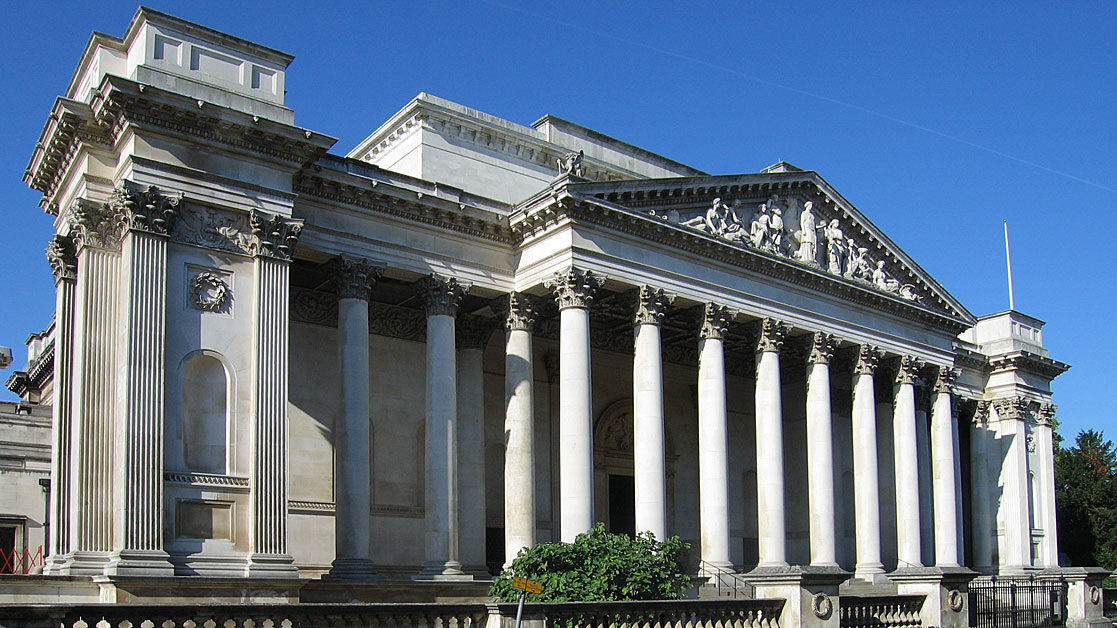Report highlights how museums can tell inclusive histories in polarised times

New research has been published exploring how museums can explore complex and divisive histories in an era of increasing polarisation.
Produced by British Future, a charity that researches public attitudes in issues such as immigration and identity, the report is entitled Inclusive Histories: Narrating our Shared Past in Polarised Times.
It responds to the growing interest in reexamining perceptions of British history, particularly since the anti-racism protests of 2020.
“Initiatives to promote inclusive histories have themselves often faced a range of critiques,” states the report. “This polarisation has then been further amplified by shifting political and media dynamics which influence the pace and intensity of public conversation.”
The report makes clear that “it would be a significant mistake for organisations to lean out of these debates, or to define the success of inclusive history work as the avoidance of controversy”, and that avoidance of such topics also carries risks as the public appetite to learn about these histories grows stronger.
“Rather, within a context where criticism of this work has become more intense, organisations will need to be better prepared to step up, deepen and extend their work on inclusive histories with confidence,” the report adds.
The research features insights and examples of good practice through which cultural organisations have successfully navigated polarised responses and defused cultural conflicts.
Stakeholders featured in the report include Luke Syson, director of Cambridge’s Fitzwilliam Museum, Sandra Shakespeare, founder of the Black history institution Museum X, and professor Corinne Fowler of Leicester University, whose 2020 research into links to slavery and empire at National Trust properties was met with an intense backlash.
It sets out eight “conditions for confidence” that aim to support strategic and practical thinking for organisations to engage in and navigate these heated debates.
Inclusive Histories: conditions for confidence
- Get a clearer baseline on audiences’ attitudes – especially to communicate effectively
- Communicate strategically – and bring communications strategy into project development from the outset
- Consult across audiences and gather detailed feedback
- Prepare better: but don’t be too risk averse
- Harness the catalytic power of anniversaries
- Dialogue matters
- Recruit unusual allies
- Benchmark practice on diversity, equity and inclusion
Comments (1)
Leave a comment
You must be signed in to post a comment.

Inclusive histories should do just that – Get historians from the countries of origin of the collections to shed light on these collections .For starters, do any of the stake holders in this report belong to the global majority ? Were any historians of the global majorities consulted whilst drafting this report ? Too many chiefs not enough Indians, Blacks, Asians or Aboriginals in the museum world .. Hopefully there will be a shift .